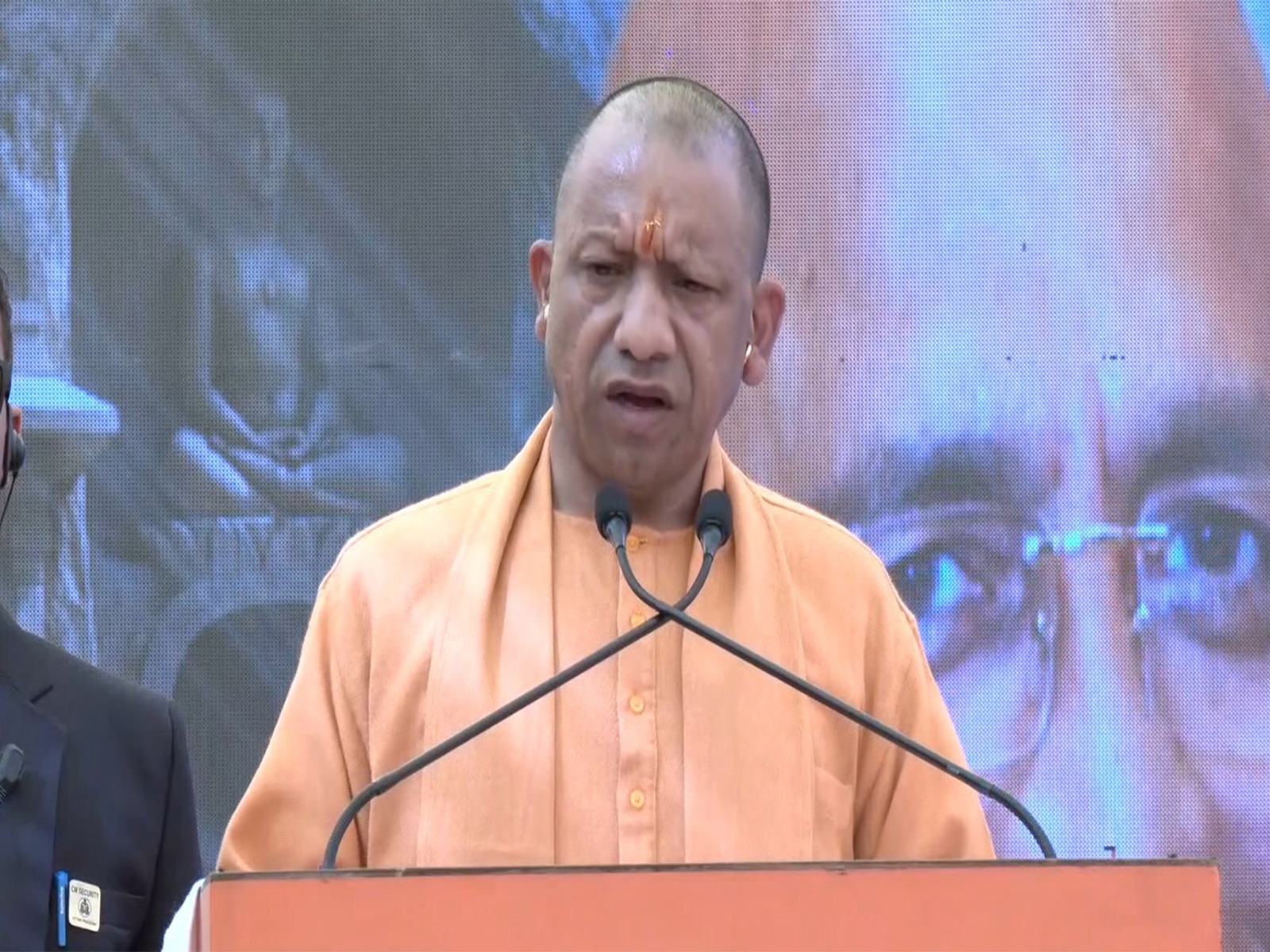Kerala HC upholds life term of father accused of raping his minor daughter
Sep 16, 2022

Kochi (Kerala) [India], September 16 : The Kerala High Court on Friday upheld the order of the Thiruvananthapuram Additional District and Sessions Court which sentenced a 44-year-old man to life imprisonment for the remainder of his natural life for raping his minor daughter repeatedly.
The development came on an appeal filed by the accused which was considered by the Division Bench of Justice K Vinod Chandran and Justice C Jayachandran.
The case pertains to the incident when a father repeatedly raped his minor daughter and even threatened her with dire consequences.
Earlier, he was charged under Sections 376 and 377 of the Indian Penal Code, and for the commission of aggravated penetrative sexual assault under the POCSO Act.
Earlier, the Court had repealed the punishment awarded to the accused under the Protection of Children Against Sexual Offences (POCSO) Act because of the unavailability of documents that could prove the survivor's age.
During the last hearing, the Court observed, "in the conservative, tradition-bound, non-permissive society like that of ours, none would make a false accusation of rape, braving ostracism, loss of face, social stigma and shame."
By mentioning the laws existing in the United Kingdom and in India, the Court observed, "Though at first blush the law set forth in both United Kingdom and India are the same, there is a semantic difference in so far as the rule and the exception; which is a subtle reflection of the societal conditions in the two Countries. In India, the testimony of a victim in a rape case is not akin to that of an accomplice and carries more weight, identical to that of an injured victim. If the court finds it difficult to place implicit reliance on her testimony, evidence which may lend assurance to her testimony may be relied upon."
After considering the arguments from both sides, the Court made it clear that it could not find any reason to interfere with the conviction or sentence imposed by the lower court. The court also held that the evidence submitted in the case unequivocally establishes the crime to have been committed by the accused, beyond all reasonable doubt.




















